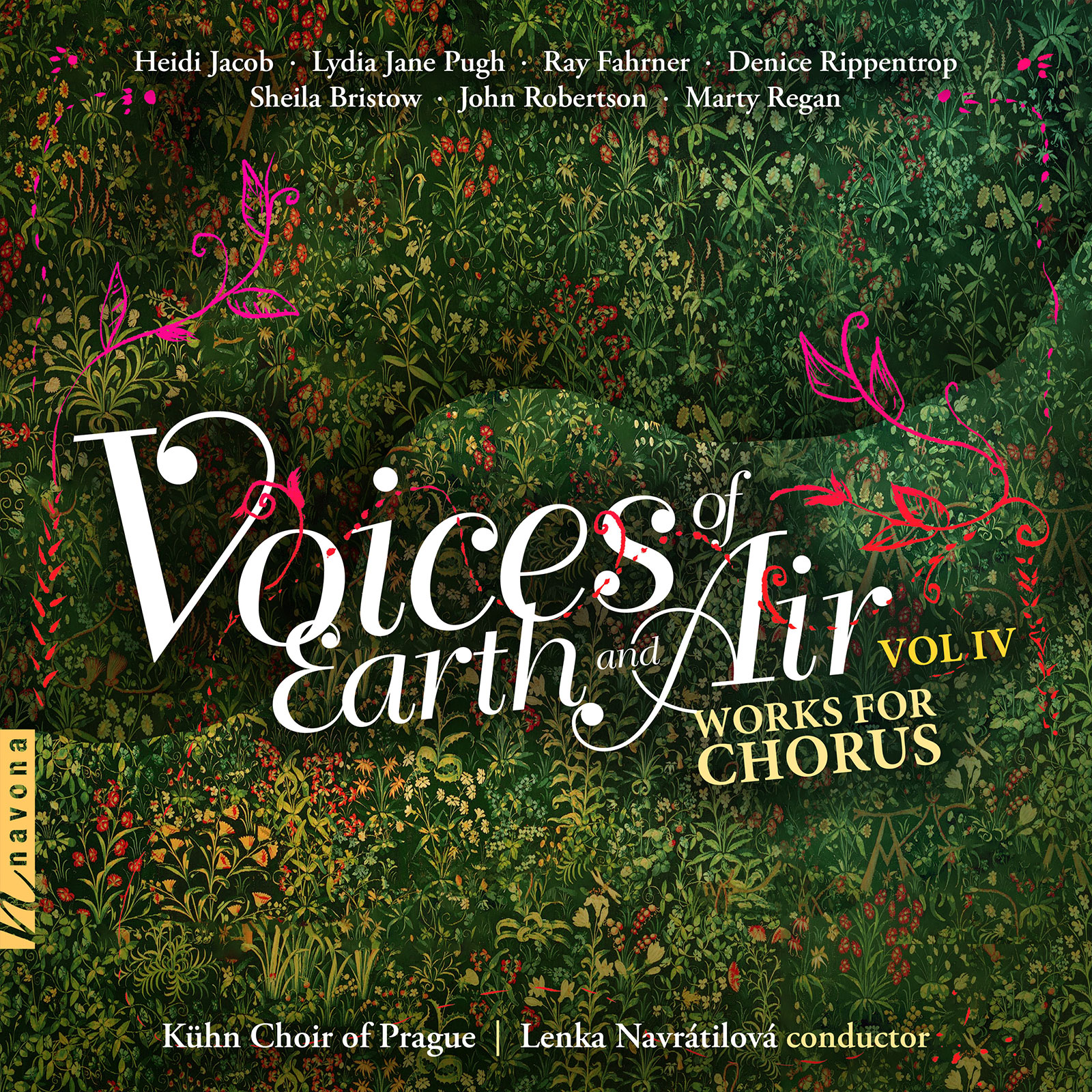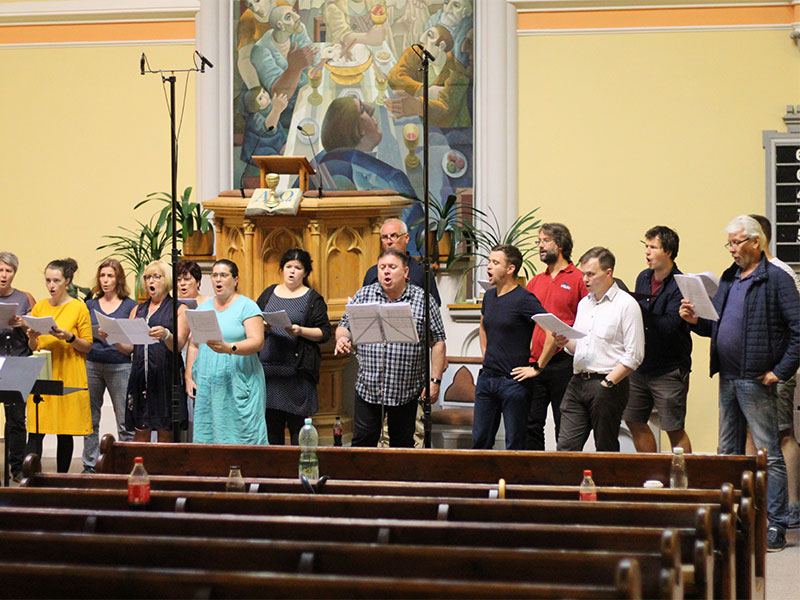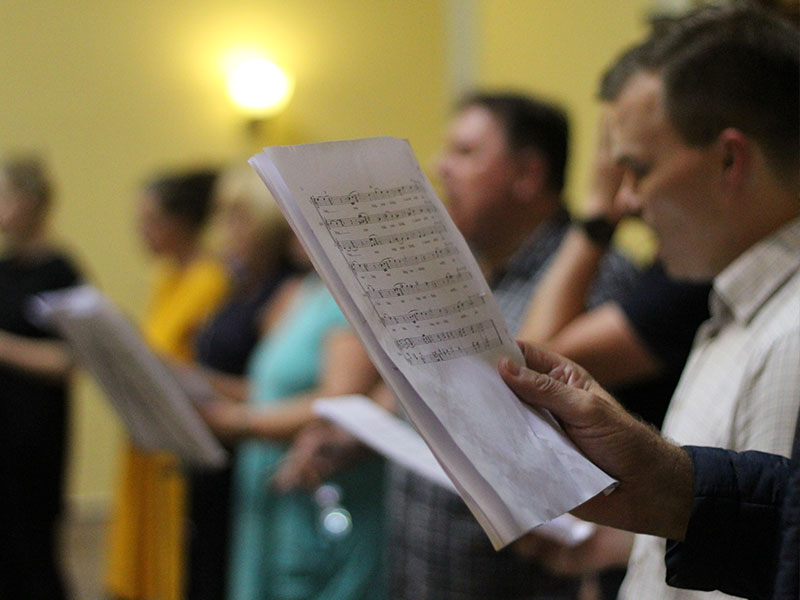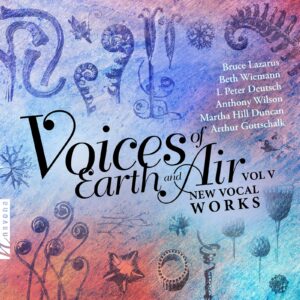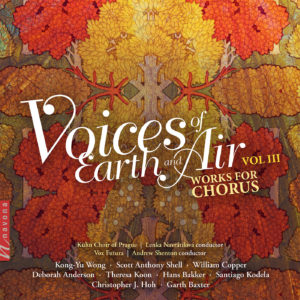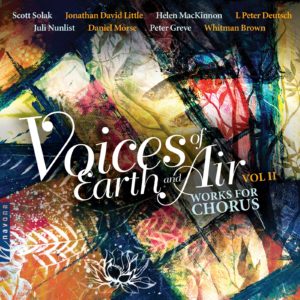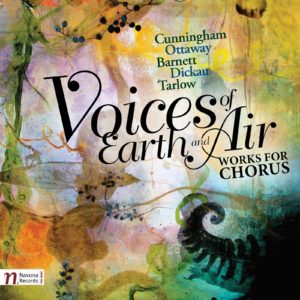Voices of Earth and Air Vol IV
Heidi Jacob composer
Lydia Jane Pugh composer
Ray Fahrner composer
Denice Rippentrop composer
Sheila Bristow composer
John Robertson composer
Marty Regan composer
Kühn Choir of Prague | Lenka Navrátilová conductor
Navona Records presents VOICES OF EARTH AND AIR VOL IV, a choral celebration of the human commonality we find within music. Featuring the works of six seasoned composers, each piece tells a sentimental story unique to each composer, fitting together like puzzle pieces and demonstrating the connective qualities of the human voice. Brought to life by Prague’s Kühn Choir, these choral works are sure to entrance and entice listeners with flowing tonality and artful text settings that demonstrate the powerful storytelling capabilities that vocal music wields.
Listen
Stream/Buy
Choose your platform
Track Listing & Credits
| # | Title | Composer | Performer | |
|---|---|---|---|---|
| 01 | Lilacs | Heidi Jacob | Kühn Choir of Prague | Lenka Navrátilová, conductor; Kristýna Fílová, soprano; Amina Robinson, narrator | 13:44 |
| 02 | My Hiding Place | Lydia Jane Pugh | Kühn Choir of Prague | Lenka Navrátilová, conductor | 3:30 |
| 03 | AdiraÏ (misplaced) | Lydia Jane Pugh | Kühn Choir of Prague | Lenka Navrátilová, conductor | 4:13 |
| 04 | How Can I Keep from Singing? | Robert Lowry, Arr. Ray Fahrner | Kühn Choir of Prague | Lenka Navrátilová, conductor | 3:08 |
| 05 | That music always round me | Ray Fahrner | Kühn Choir of Prague | Lenka Navrátilová, conductor | 2:58 |
| 06 | Royal Tears of Red | Denice Rippentrop | Kühn Choir of Prague | Lenka Navrátilová, conductor | 6:57 |
| 07 | I Arise | Sheila Bristow | Kühn Choir of Prague | Lenka Navrátilová, conductor | 3:42 |
| 08 | Choruses about Music, Op. 16: Orpheus with his lute | John Robertson | Kühn Choir of Prague | Lenka Navrátilová, conductor | 2:02 |
| 09 | Choruses about Music, Op. 16: Music has charms | John Robertson | Kühn Choir of Prague | Lenka Navrátilová, conductor | 3:14 |
| 10 | Choruses about Music, Op. 16: To music, to becalm his fever | John Robertson | Kühn Choir of Prague | Lenka Navrátilová, conductor | 4:03 |
| 11 | Alleluia | Marty Regan | Kühn Choir of Prague | Lenka Navrátilová, conductor | 6:03 |
Lilacs
Lilacs for Mixed Chamber Choir
Recorded October 6-7, 2021 at The Chapel at Korunni, Prague, Czech Republic
Producer Jan Košulič
Engineer Aleš Dvořák
Lilacs Narrative Texts
Recorded on October 3, 2021 at Pasbrig Productions in Philadelphia PA
Recording Session Producer & Engineer David Pasbrig
Lilacs was commissioned and premiered in March, 2020 by the Opus One Berks Chamber Choir, Christopher Hoster, Conductor.
My Hiding Place, AdiraÏ, How Can I Keep from Singing?, THAT music always round me, Royal Tears of Red, I Arise, Choruses about Music, Op. 16, Alleluia
Recorded August 4-5, 30-31, October 4, 2021 & January 27, 2022 at The Chapel at Korunni in Prague, Czech Republic
Producer Jan Košulič
Engineer Aleš Dvořák
Lilacs, Royal Tears of Red, I Arise, Choruses About Music, Alleluia
Editing & Mixing Lucas Paquette
My Hiding Place, AdiraÏ, How Can I Keep from Singing, That Music Always Round Me
Editing & Mixing Lucas Paquette
Additional Editing Melanie Montgomery
Executive Producer Bob Lord
A&R Director Brandon MacNeil
A&R Quinton Blue, Chris Robinson, Laura Ramsey
Production Director Levi Brown
VP of Production Jan Košulič
Production Assistant Martina Watzková
Audio Director Lucas Paquette
Mastering Melanie Montgomery
VP, Design & Marketing Brett Picknell
Art Director Ryan Harrison
Design Edward A. Fleming, Morgan Hauber
Publicity Patrick Niland, Brett Iannucci
Artist Information
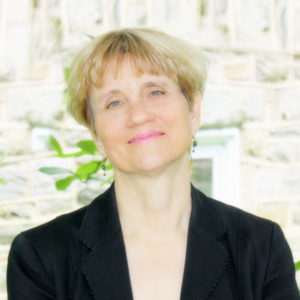
Heidi Jacob
Heidi Jacob’s music has been described by BBC Magazine as “compositions …of complex mesmerizing beauty,” and by Gramophone Magazine as music with “…forthright expressiveness [that] exposes a multitude of stylistic associations.” Praise for her recent recording on Navona Records of Lilacs with the Kühn Choir of Prague include: “the music is simply breathtaking,” (Nicholas Wright) “…Jacob writes music of imagination and adventure…voices interweave hauntingly… ascending to towering heights,” (Textura), and “Heidi Jacob’s Lilacs opens with Kristýna Fílová’s soaring soprano… Amina Robinson’s narration amid the sublime choral harmonizing.” (Take Effect)

Lydia Jane Pugh
Hailing from the island of Guernsey, Lydia Jane Pugh is an award-winning composer specialising in choral and chamber music, with much of her work being inspired by the islands’ history, culture, and beautiful landscapes. Her music’s universal appeal has led to performances around the world by several professional groups, including the Ebor Singers in the United Kingdom, and the Empire City Men’s Chorus in the United States.
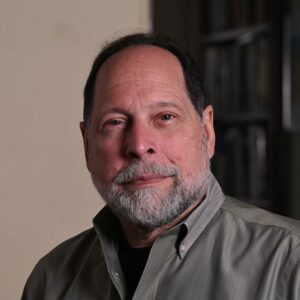
Ray Fahrner
Ray Fahrner composes in eclectic styles and conducts all manner of music in Cambridge MA. Fahrner began his composition studies with Robert Wason and Arnold Franchetti at Hartt College of Music, University of Hartford, subsequently studying with Scott Huston and Norman Dinerstein at the College-Conservatory of Music, University of Cincinnati, where he received his doctorate in 1980.

Denice Rippentrop
Denice Rippentrop believes that composing is a craft that is as much about the creative journey as the final composition itself. Rippentrop is the creator of numerous choral works, each of which she finds challenging in process, but fulfilling in the end. Composing gives her energy and purpose as she continually challenges herself to write with integrity and compassion. Rippentrop writes with a style and flair that reflects her understanding of the voice and ensemble balance.

Sheila Bristow
Sheila Bristow is a composer, church musician, and collaborative keyboardist living in Tacoma WA. Her approach to composition is informed by her performance experience in the worlds of opera, art song, and early music, by the study of world music and techniques of 20th-century composition, and by a lifelong immersion in sacred music. Bristow is particularly known for her skill in text setting, and her solo songs and choral works have been performed throughout the Pacific Northwest. Recent commissions include When Music Sounds, a work in three movements for chamber orchestra, chorus, and tenor solo for Seattle-based Harmonia Orchestra and Chorus, conducted by William C. White.
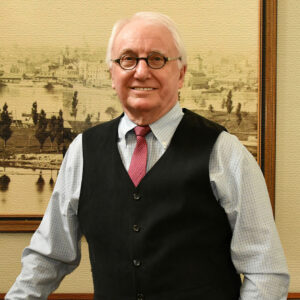
John Robertson
(Ernest) John Robertson (b. 1943) was born in New Zealand but is a longtime resident of Canada. His secondary school offered music as a full time subject, allowing Robertson to find his footing. Upon leaving school, he went into the insurance business where he spent his working life. Having emigrated to Canada in 1967, he continued to compose on the side.
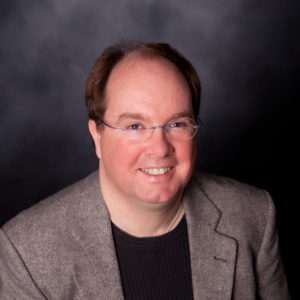
Marty Regan
A composer of over 80 works for traditional Japanese instruments, Marty Regan is a Professor and Head of the Department of Performance Studies at Texas A&M University. Widely regarded as the authoritative source on the subject, his translation of Minoru Miki’s Composing for Japanese Instruments was published by the University of Rochester Press in 2008. His music has been broadcast on American Public Media’s Performance Today and NHK’s Hōgaku no hito toki/A Moment for Traditional Japanese Music. His chamber opera, titled The Memory Stone, was commissioned by the Houston Grand Opera as part of the HGOco's Songs of Houston: East + West initiative and was premiered in 2013 at the Asia Society Texas Center.

Kühn Choir of Prague
The Kühn Choir of Prague is one of the largest Czech choirs and has been part of the musical world for over 60 years. It devotes itself to the choral repertoire of all periods, and its activities include significant performances of contemporary music, performances of large vocal-instrumental works in collaboration with leading Czech orchestras and, last but not least, projects for the performance and recording of film music.

Amina Robinson
Born and raised in Philadelphia, Amina Robinson (she/her) is a professional actor, director, and currently a Professor of Acting and Musical Theater at Temple University as well as the Artistic Director of The Centre Theater in Norristown PA.
